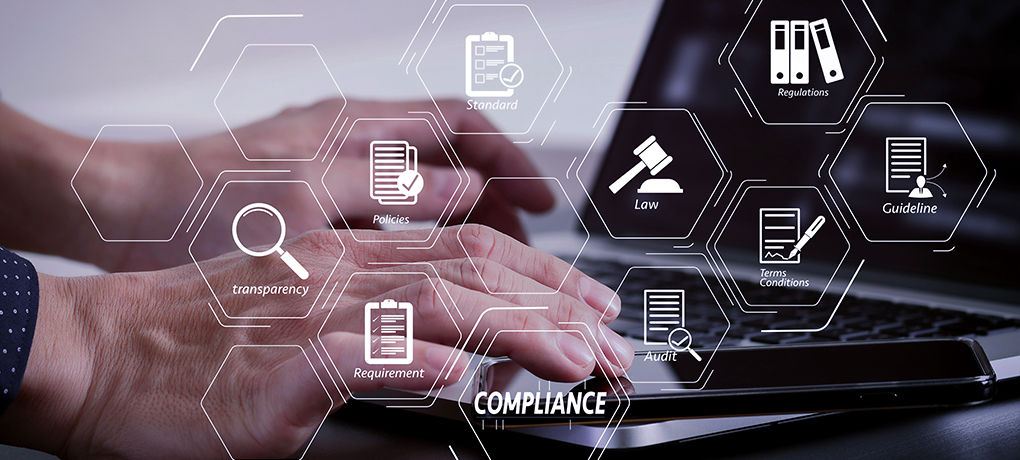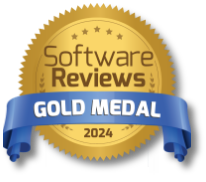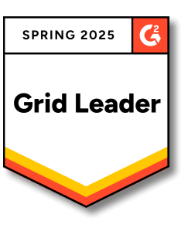The popularity and need of board portals has grown exponentially in recent years. More and more, organizations turn away from paper-based board meetings in favor of embracing digital solutions. But the growing reliance on technology raises questions about security and compliance, bringing to focus how board portals approach the matter.
Let’s explore the features and policies that constitute a compliant and safe board portal.
Board Portals: Compliance and Exposure
Board portals often store sensitive data, e.g., trade secrets, corporate data, and client information. However, the compromise of that data can result in intellectual property infringement and subsequent litigation. This is on top of being a significant financial and reputational blow to an organization. For example, the average cost of a data breach is $3.9 million.
To protect their clients, board portals should employ strong cybersecurity measures capable of meeting high data security standards. Assessing the layers of protection implemented into a board portal is thus important to maintain high-level compliance governing boards and to lower the risk of cyberattacks.
What Makes a Board Portal Safe?
The first element that makes a board portal safe is built-in application security. Below are the absolute must-have security features a board portal should have:
Role-Based Access Control
Strict and controlled access to a board portal guarantees no one unauthorized can view the data stored on the platform. For instance, customizing access based on immersion level further ensures safety by limiting the actions authorized users have within the board portal.
Multi-Level Encryption
All documents stored in a board portal should be protected by end-to-end standardized encryption, both during storage and transfer.
In order to increase the level of document protection, board portals such as Convene employ multi-tier key management. This renders the documents unreadable when the board portal is launched on unregistered devices.
Lost Device Re-Authentication and Remote Data Wipe
In case of a lost device, remote data wipe ensures the easy deletion of sensitive data, even when stored offline on a device. In case of device theft, session timeouts built-in into a board portal initiate the re-authentication procedure to let users access the platform again.
Multi-Factor Authentication
Every login action to a board portal should require a unique one-time verification code sent to a validated mobile phone number. At the same time, limiting access only to registered browsers and devices can further strengthen authentication.
User Activity Monitoring
Detailed user-activity logs help track any suspicious in-app behavior. Activity logs should contain login attempts, file permissions, meeting updates, or any other modification. For increased compliance, a board portal should generate monitoring reports for external or internal audits.
Equipped with a responsive intrusion detection system, a good board portal analyzes the logs for patterns of malicious activity. Upon spotting such activity, the system automatically notifies the administrators.
Cloud Data Segregation
With cloud-based solutions, it’s important that the solution keeps an organization’s assets in individual storage rather than a multi-tenant environment. Moreover, a separate storage environment has a defined data scheme and its own set of authentication credentials.
Private cloud data management ensures one organization’s data doesn’t interact with other data sets stored in the cloud. Additionally, it helps organizations meet compliance requirements regarding data location.
Intrusion Prevention System
To maintain a high level of security, the cloud environment should actively scan traffic for potentially dangerous files containing malware. Checking every file uploaded to the cloud against potential contamination is the best way to keep the system healthy.
No Single Point of Failure
SaaS board portals should store data on numerous independent locations with separate power sources. By doing this, the solution guarantees undisrupted availability of service and decreases the risk of data loss. With infrastructure based in one location, any disruption renders the data and platform unavailable.
What to Look at When Picking a Board Portal?
With cyberattacks on the rise, security practices of vendors delivering board portals determine the level of resilience against cyberattacks in organizations using this software. But the technical aspect of data protection is only one side of a comprehensive approach to data security. To be able to effectively address all possible threats, a vendor’s security measures must encompass procedures and policies that cover areas well beyond software.
Security Protocols
When looking for a board portal vendor, it’s crucial to determine what its security policies are. That said, every process should have clearly defined security procedures that ensure the integrity of the whole system is never compromised.
Legal Compliance
All boards are heavily regulated and their operations subject to scrutiny. By providing a one-stop place for documentation, board portals facilitate access to information during audits.
In case your organization is public, a board portal vendor should be able to help you determine how compliant the board portal is with the government regulations imposed on your organization’s type.
Certifications
Considering the sensitive nature of the information stored in a board portal, the software developers should adhere to only best industry practices. Look for certifications assigned by internationally renowned institutions. The certifications guarantee the regular auditing and controlling of development processes to meet the strict requirements.
A Holistic Look at Security and Compliance
The security measures implemented into a board portal are only one part of cyber-resilience and adherence to data protection regulations. Without stakeholders adopting a proper security culture, even state-of-the-art systems can be compromised. That’s why it’s crucial to take a holistic approach to security and incorporate technologically secure solutions along with a security-first mindset across the whole organization.
Mark is an experienced Cybersecurity Consultant at Convene. He is knowledgeable in aspects of information security and data privacy. Propelled by his commitment to network security, Mark has written extensive guides on cybersecurity best practices and a playbook on improving an organization's IT systems.










